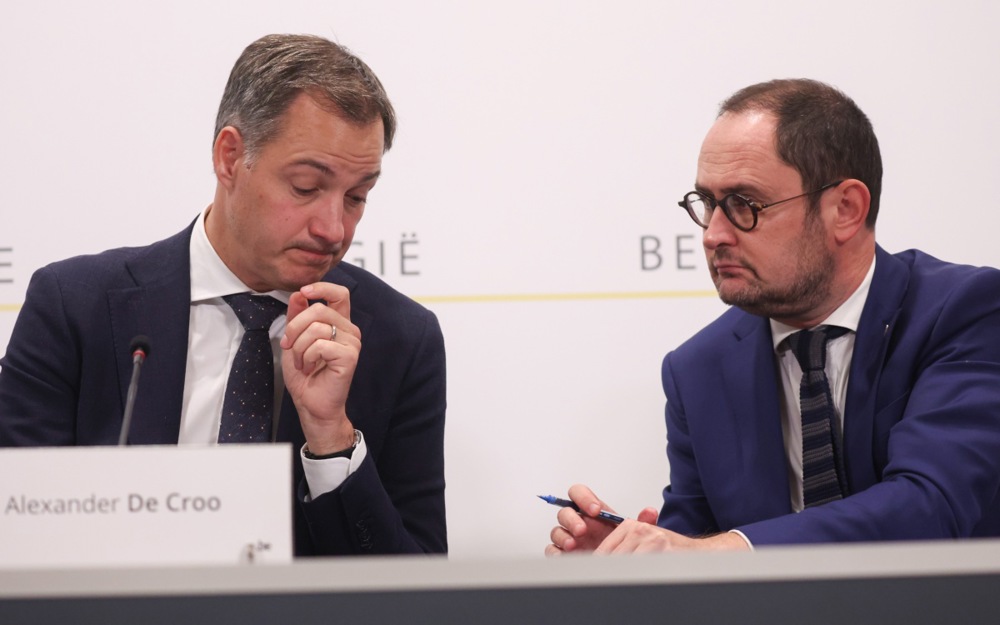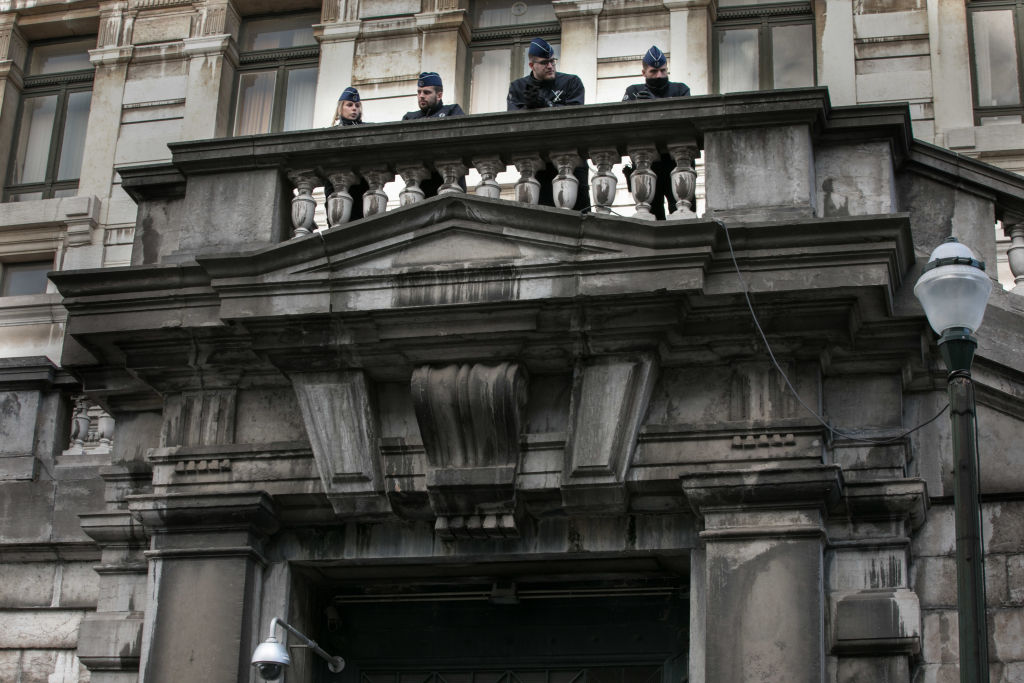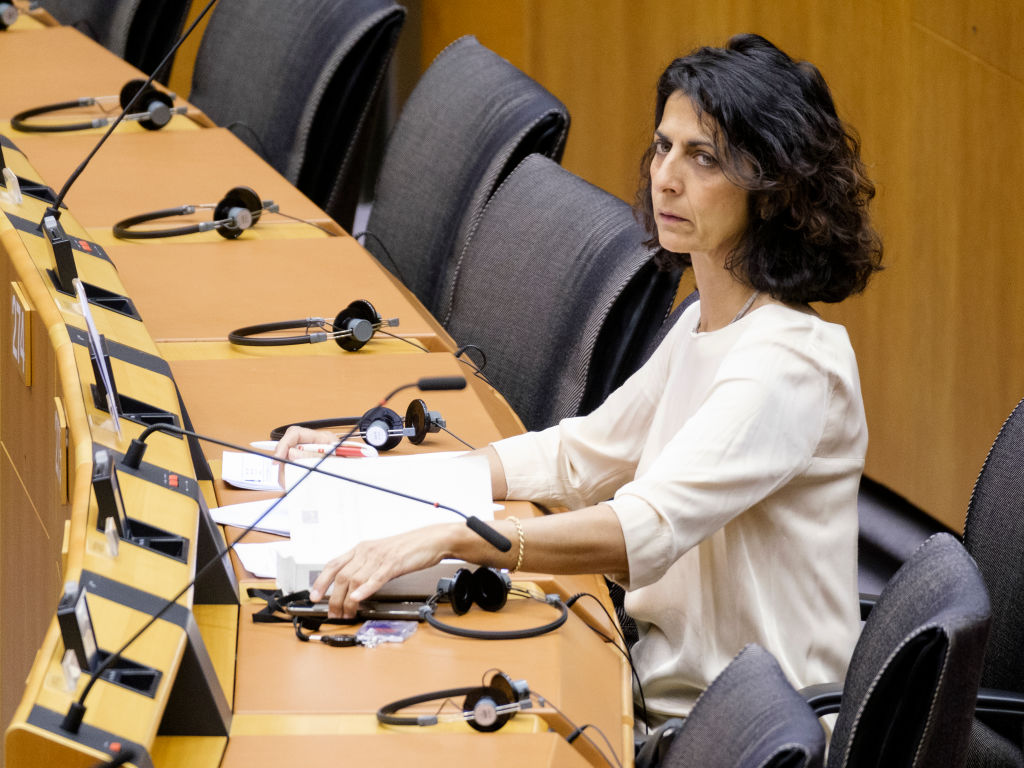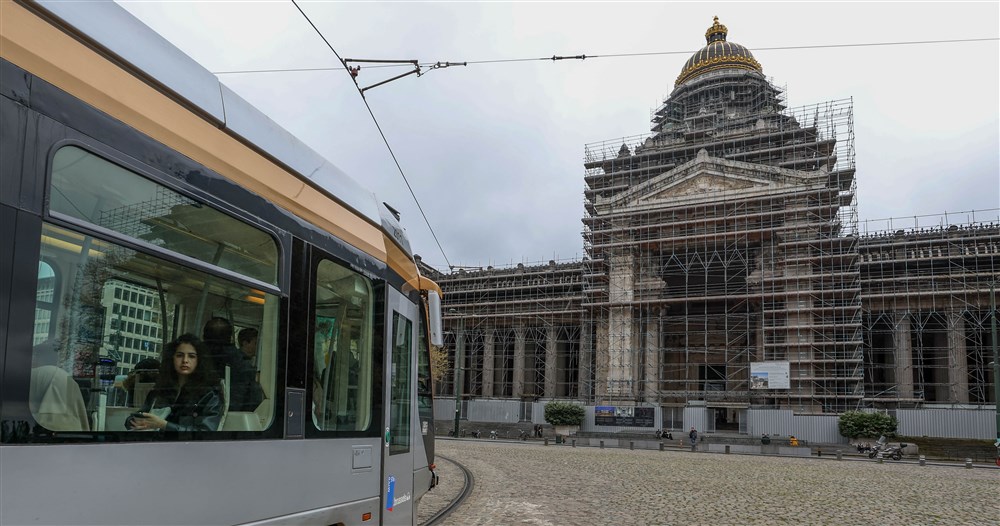The secretary-general of No Peace Without Justice (NPWJ) Niccolò Figà-Talamanca, one of the accused in the ongoing Qatargate corruption scandal, said he had never received anything from either Qatar or Morocco and pointed to what he described as “systemic failure of the investigative process and the judicial process” in Belgium.
Until now, according to Italian Figà-Talamanca, Belgian authorities have not uncovered any evidence against him. He said he has never been given specific information on facts, actions, behaviours or time periods related to allegations against him.
Figà-Talamanca was taken into custody in December 2022 on suspicion of money laundering, corruption and involvement in a criminal organisation. He was released from prison two months later and has consistently claimed his innocence.
Speaking to media outlet Sudinfo in a piece published on December 18, he described the morning of his arrest last year, expressing continued bewilderment at the seemingly baseless questions posed by police and the conditions he was held in.
He claimed his universally recognised rights were denied including not being given access to his lawyer and only being allowed to receive fresh clothes a significant time after he was picked up.
Figà-Talamanca also criticised what he called the excessive use of preventive detention, reliance on confessions and the presumption of guilt before establishing facts.
He highlighted what in his eyes are systemic failures in the investigative and judicial processes regarding Qatargate.
He further painted a somewhat conspiratorial picture involving what he said were co-operating private and public secret services, foreign services and Belgian judges, all connected to his human rights work.
He claimed he is the victim of “lawfare”, the use of legal systems and institutions to damage or delegitimise an opponent.
According to the accused Italian: “There seems to be an effort to fit the facts into a preconceived theory, which is not yet clear.
“An investigation by the European Investigative Collaboration revealed that I was on some sort of ‘suspect list’ drawn up by ALP Services.
“ALP is a private intelligence service based in Switzerland, on behalf of the United Arab Emirates,” he said.
Talking about the impact on his NPWJ organisation, Figà-Talamanca emphasised what he said was its ability to endure adversity.
He said that NPWJ faced financial blockades, reputation damage and other ongoing challenges with many staff members having to adapt to sudden funding cuts, but was fighting on.
In response to questions about possible financial ties to Qatar, Figà-Talamanca said neither NPWJ nor he had received any money from Morocco or Qatar. He detailed the seizure of personal and organisational funds in the probe, attributing those solely to his and his wife’s salaries.
Reflecting on his current situation, he spoke of the toll the investigation has had on his family and himself, recounting his and their initial shock and the subsequent impact on his reputation. He berated what he said was the personal harm done by accusations being made public and what he described as a lack of support during the following media frenzy.
Figà-Talamanca was first in the spotlight after Belgian secret service wiretaps and surveillance reports led to “suspicions” of him being part of a corrupt network built by Antonio Panzeri.
The charity Fight Impunity, founded by Panzeri, who has since admitted to accepting money in the Qatargate scandal, apparently shared an office in Brussels with Figà-Talamanca.
Panzeri’s former assistant Francesco Giorgi, who has also made a partial confession, was allegedly a close collaborator of Figà-Talamanca.
Figà-Talamanca insists his work on human rights was legitimate and that he only ever attempted to influence any events through the traditional, legal lobbying of staff and MEPs.





